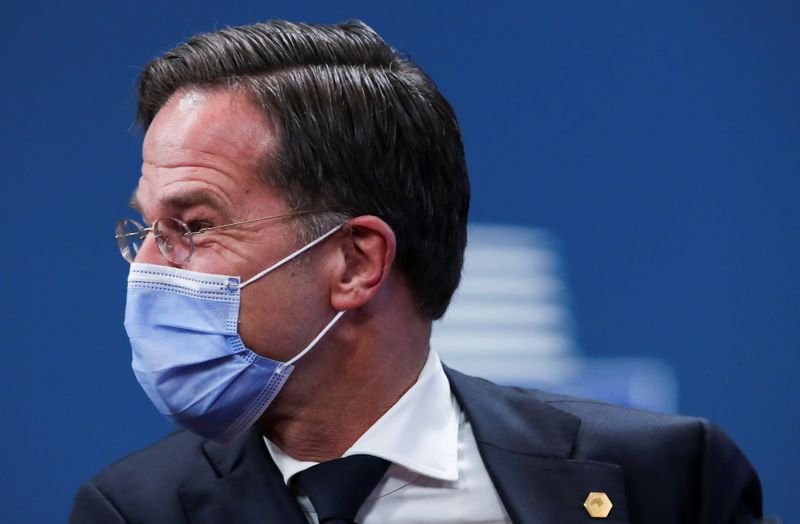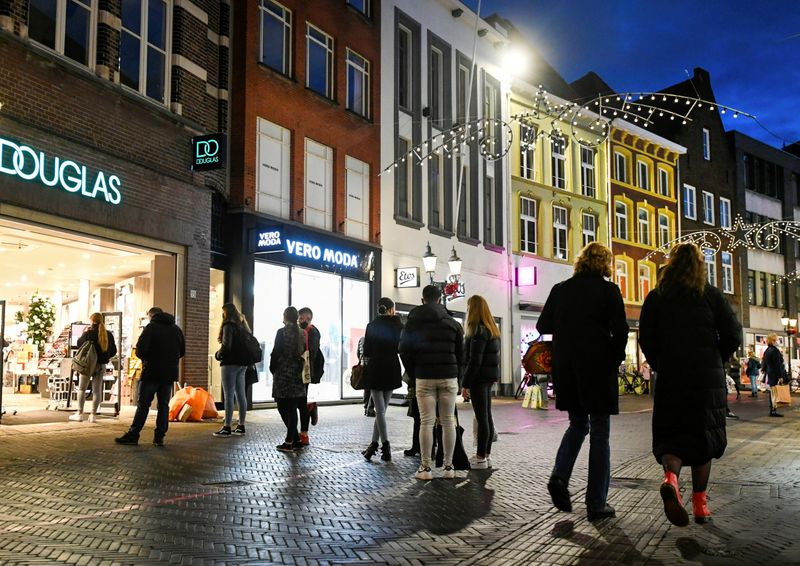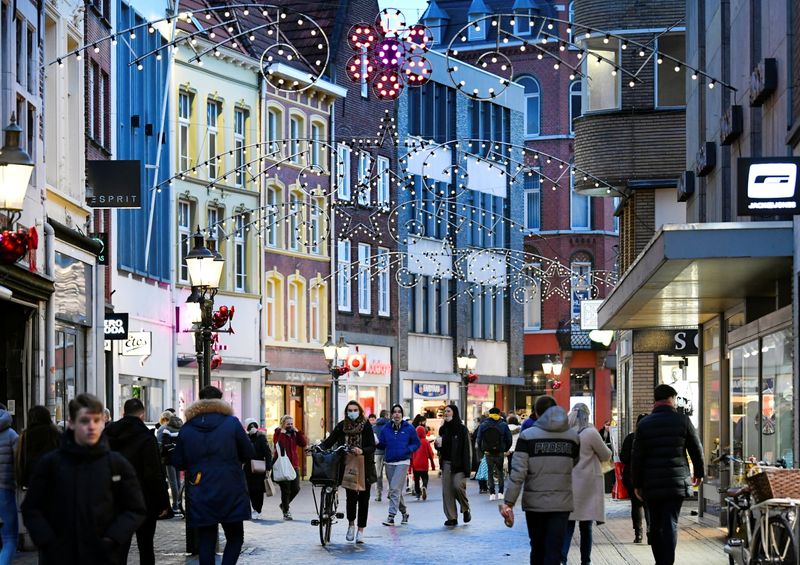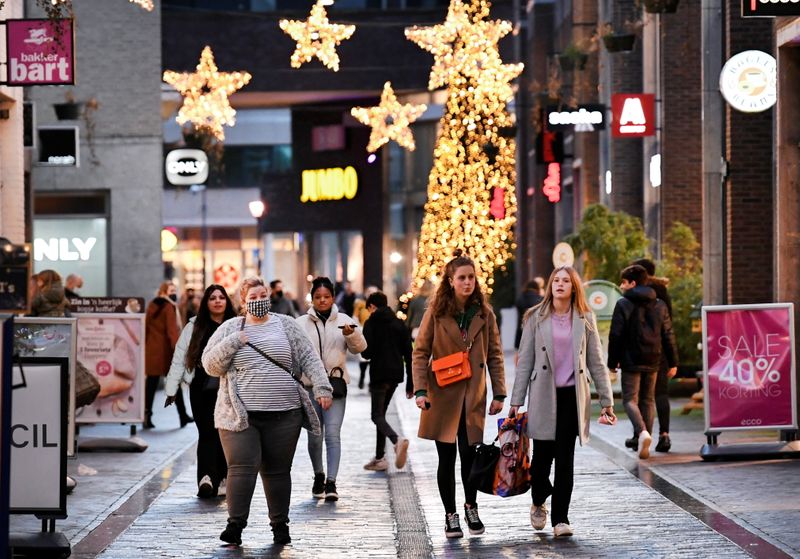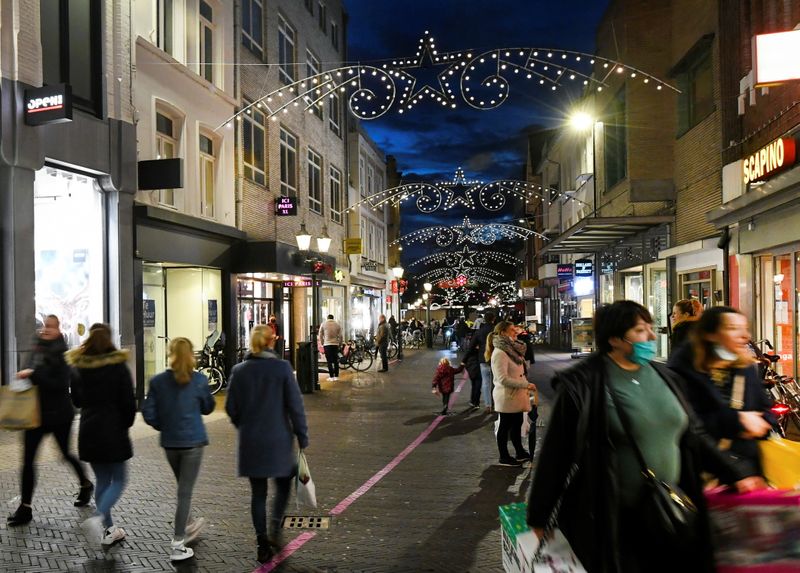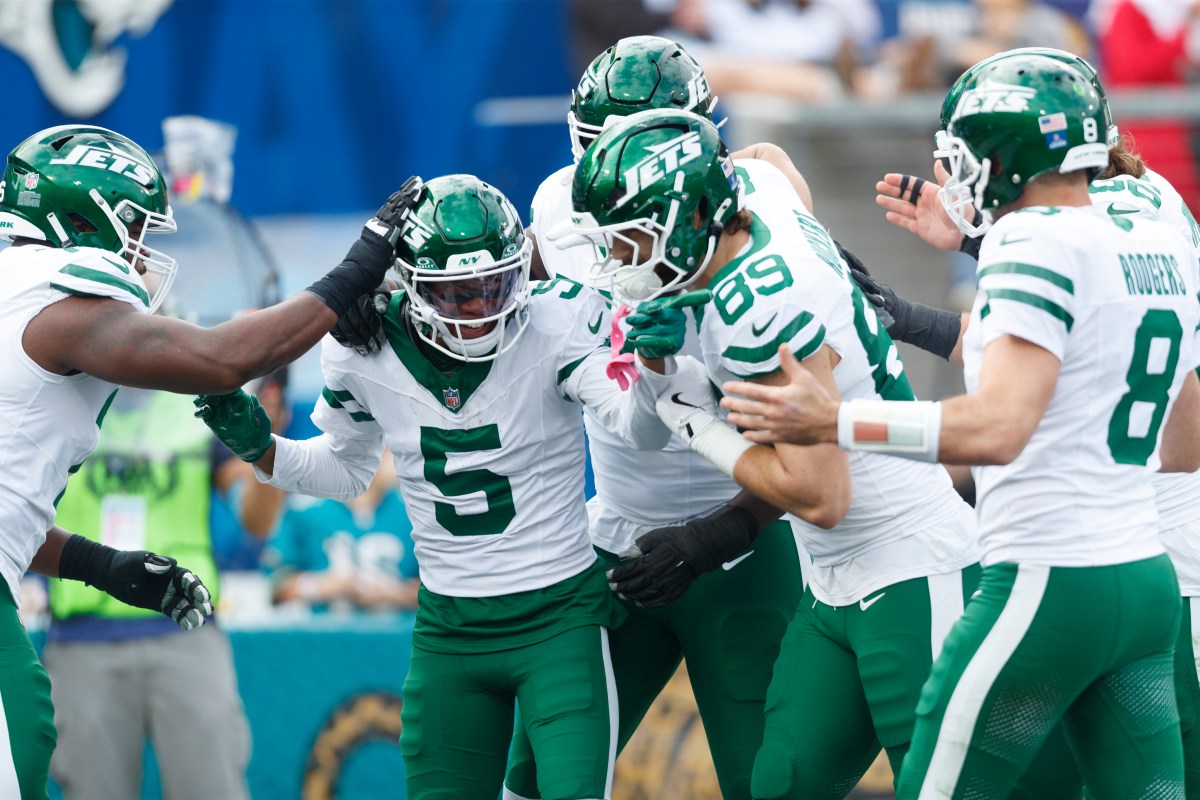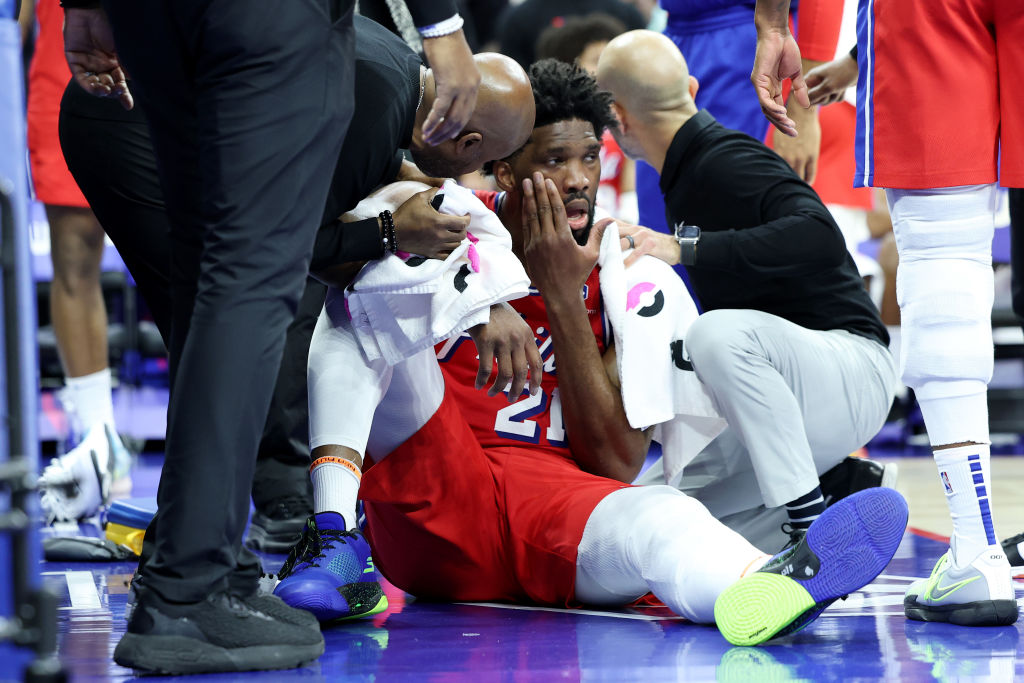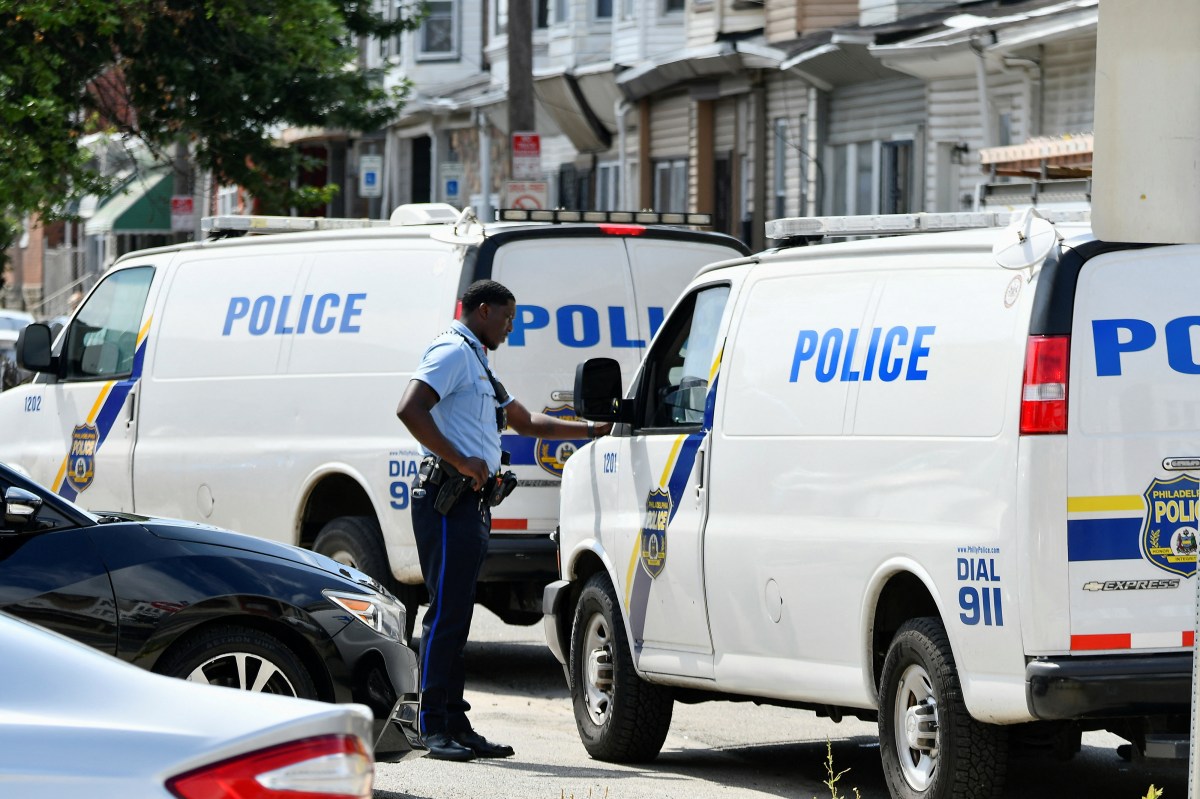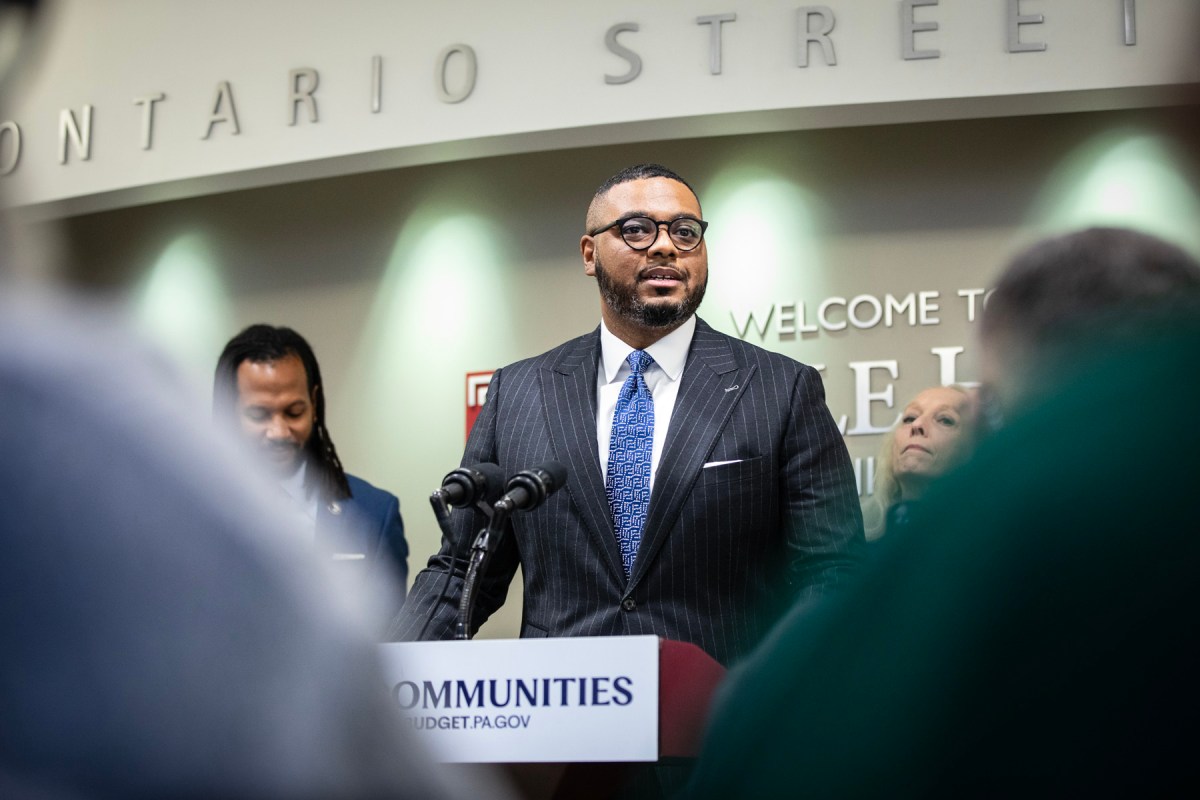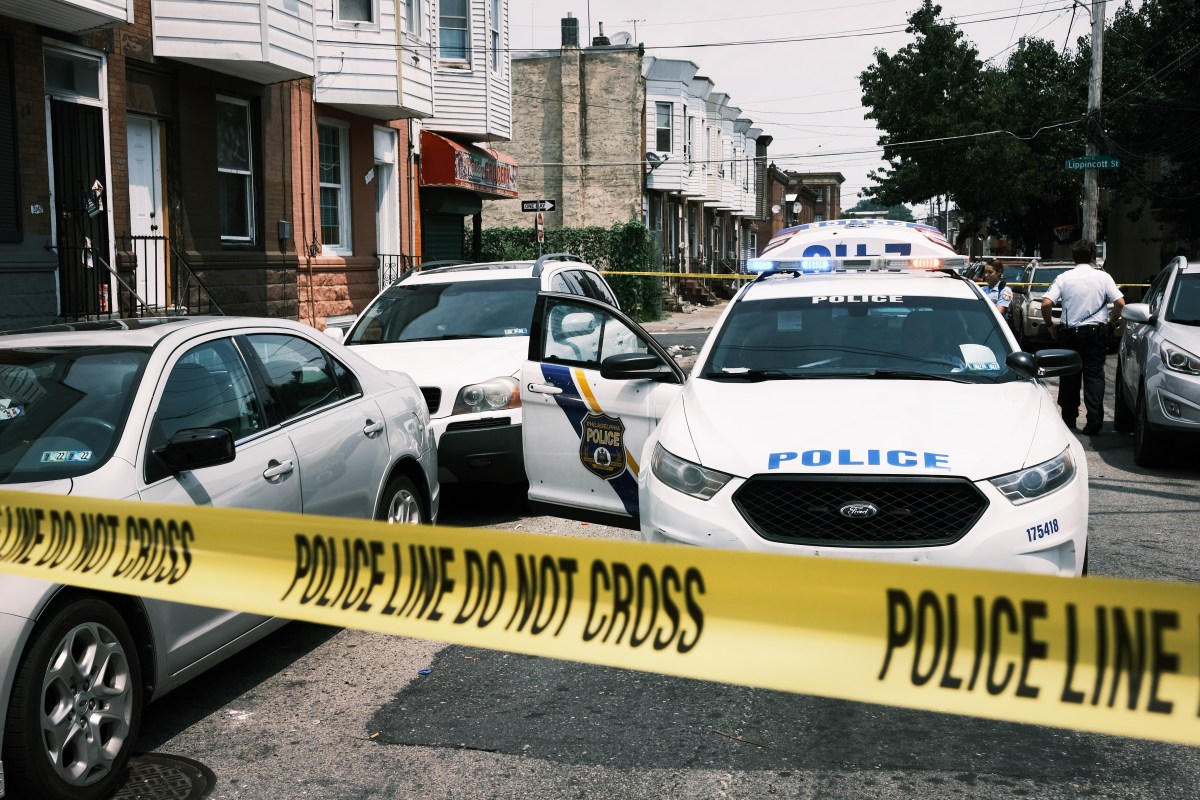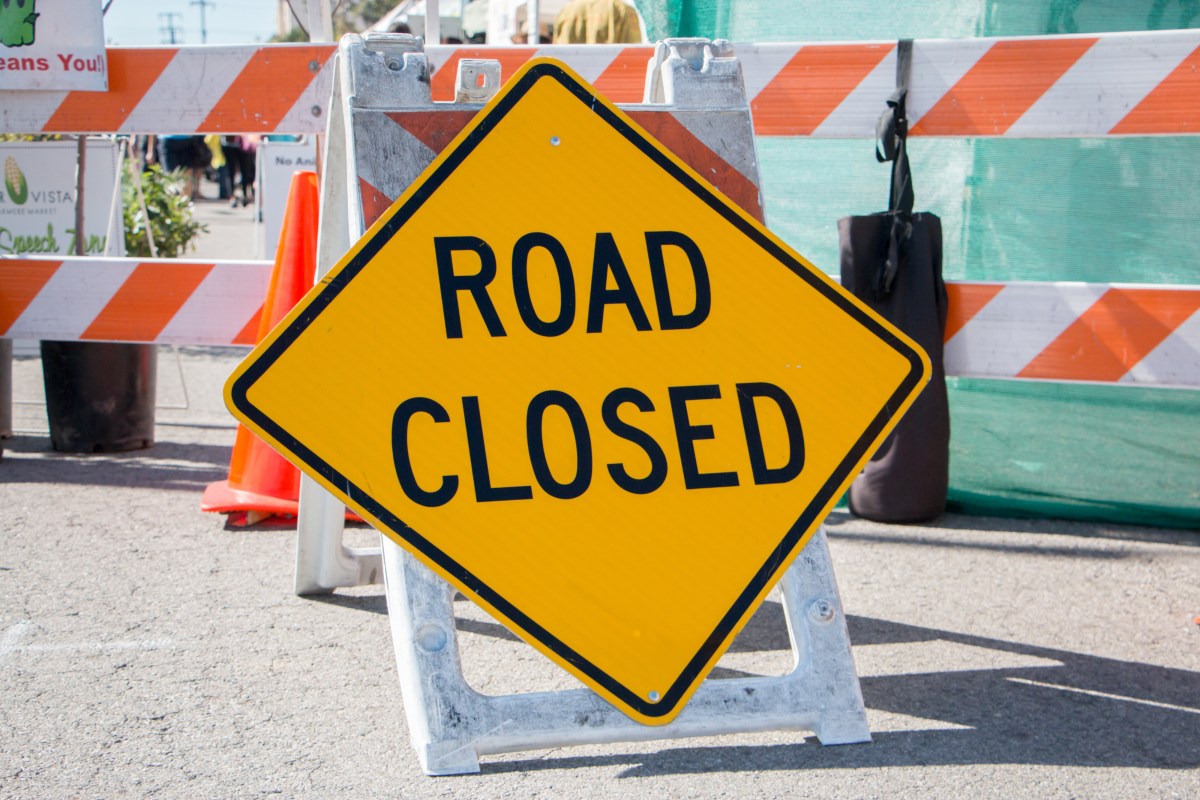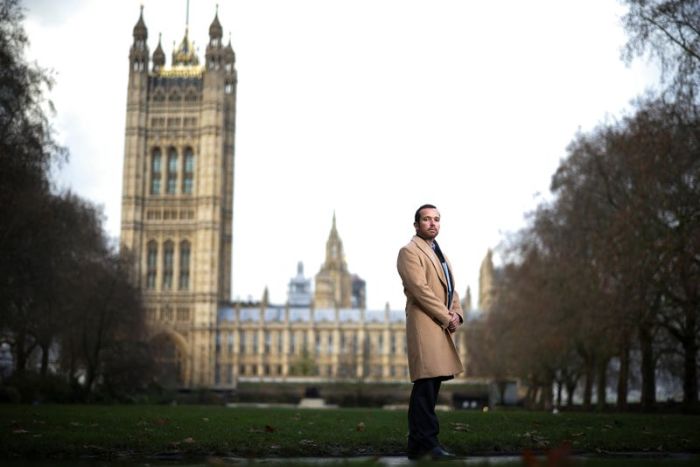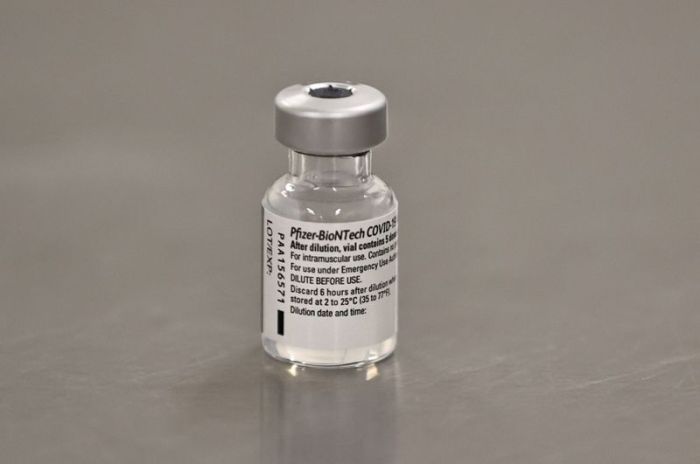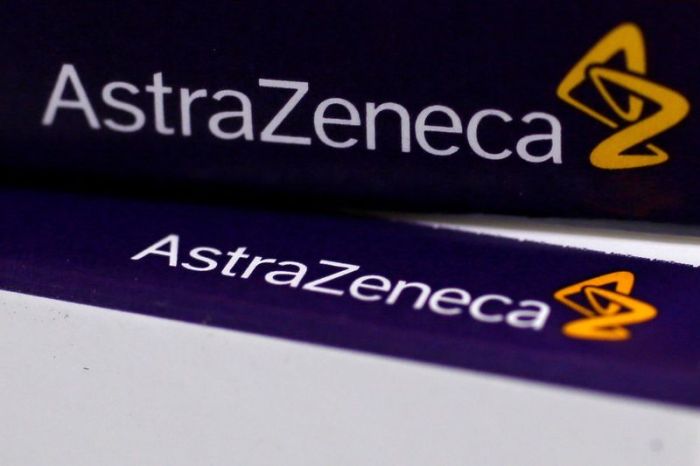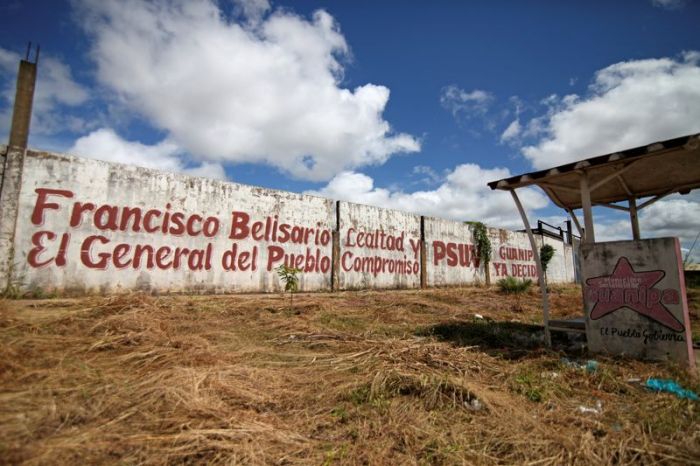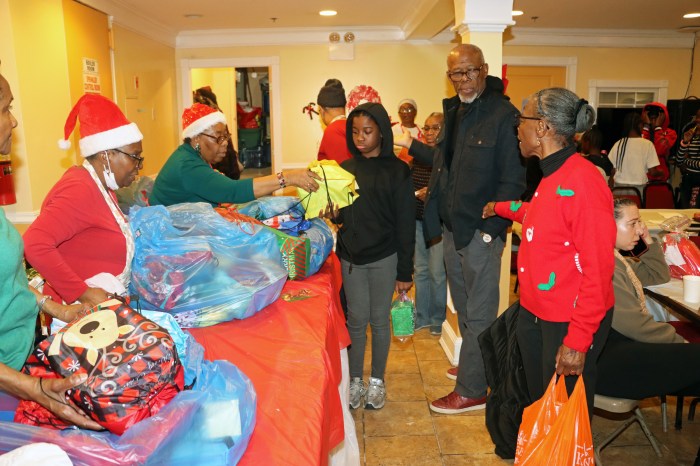AMSTERDAM (Reuters) – The Netherlands will go into a tough second lockdown, with the closure of all schools and shops for at least five weeks, in a government-led push to fight the coronavirus, Prime Minister Mark Rutte said on Monday.
“The Netherlands is closing down,” he said to the sound of protesters banging pots and pans outside his office in The Hague. “We realise the gravity of our decisions, right before Christmas.”
The measures, detailed in a rare live television address, include limiting gatherings to no more than two people, also at home. An exception will be made for three days around Christmas, when three adult visitors will be permitted, he said.
People were further advised to stay at home, not to travel to work and to avoid contact with other people as much as possible.
“The less contacts we have, the better. We have to do everything to get to a better place. And yes, it will get better.”
Rutte appealed to people to postpone non-essential international travel until March 15, two months later than a previous recommendation.
“The reality is that we are not dealing with an innocent flu, as some of those protesting outside believe, but a virus that can reach anyone,” he said.
From Tuesday, all public places – including daycare centres, gyms, museums, zoos, cinemas, hairdressers and beauty salons – will close until Jan. 19. Schools will close until Jan. 18.
Supermarkets, banks and pharmacies will be allowed to stay open.
New coronavirus infections in the country of 17 million increased by around 8,500 in the 24 hours to Monday morning, data released by national health authorities showed.
This followed a jump by almost 10,000 a day earlier, which was the biggest rise in more than six weeks.
The Netherlands has recorded more than 600,000 cases and 10,000 deaths during the coronavirus pandemic.
Despite restrictions, shopping districts across the Netherlands have been crowded for weeks, with a spike in infections after the Dec. 5 gift-giving celebrations marking the birthday of Saint Nicholas.
(Reporting by Anthony Deutsch and Bart Meijer; Editing by Mark Heinrich, Hugh Lawson, William Maclean)

